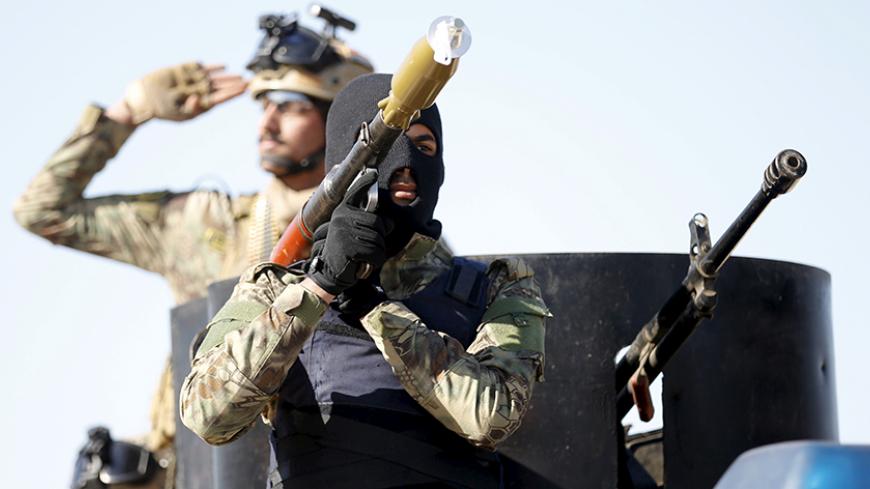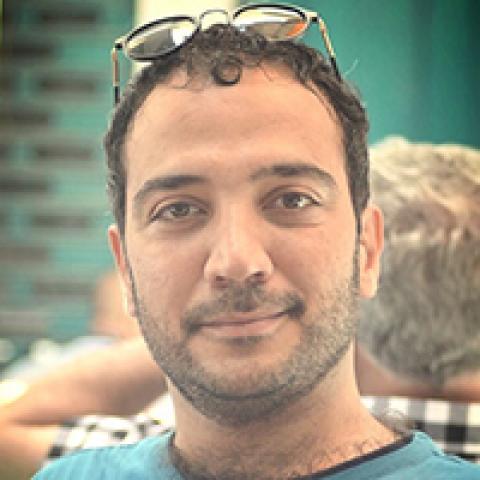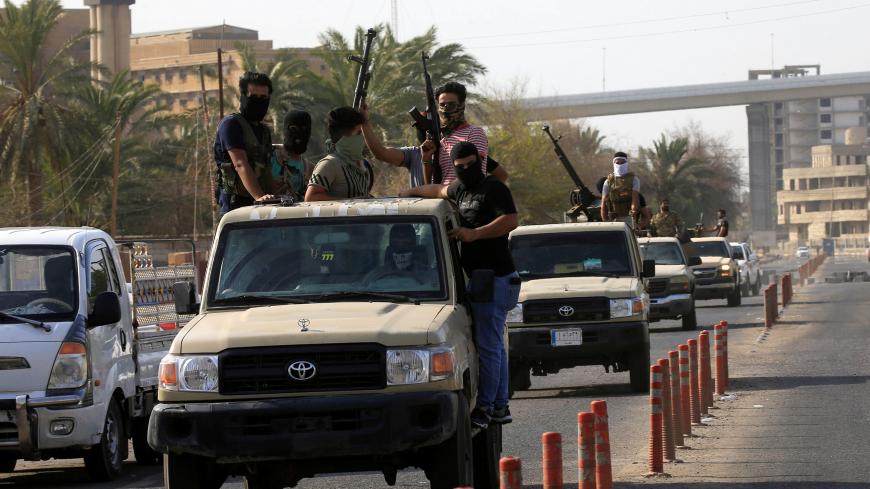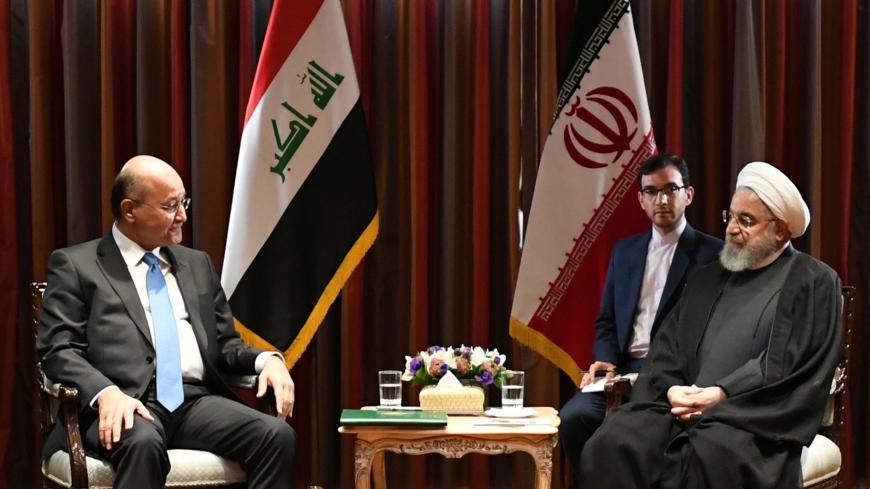

Why AL-Monitor?
AL-Monitor is an award-winning media outlet covering the Middle East, valued for its independence, diversity and analysis. It is read widely by US, international and Middle East decision makers at the highest levels, as well as by media, thought and business leaders and academia.
Read by









Live news & notifications

Premier analysis of the Middle East

Live events & video

Specialized Newsletters

Big, exclusive interviews

ALM archives since 2012

Subscribe for unlimited access
By becoming an Al-Monitor subscriber, you drive our team’s rigorous and independent journalism spanning the Middle East.
Continue






![A general view shows the US embassy across the Tigris river in Iraq's capital Baghdad on January 3, 2020. - The US embassy in Baghdad urged American citizens in Iraq to "depart immediately", for fear of fallout from a US strike that killed top Iranian and Iraqi commanders. (Photo by AHMAD AL-RUBAYE / AFP) / The erroneous mention[s] appearing in the metadata of this photo by AHMAD AL-RUBAYE has been modified in AFP systems in the following manner: [2020] instead of [2019]. Please immediately remove the erron](/sites/default/files/styles/article_header/public/almpics/2020/12/GettyImages-1191358629.jpg/GettyImages-1191358629.jpg?h=a5ae579a&itok=dAlkQp_Q)
